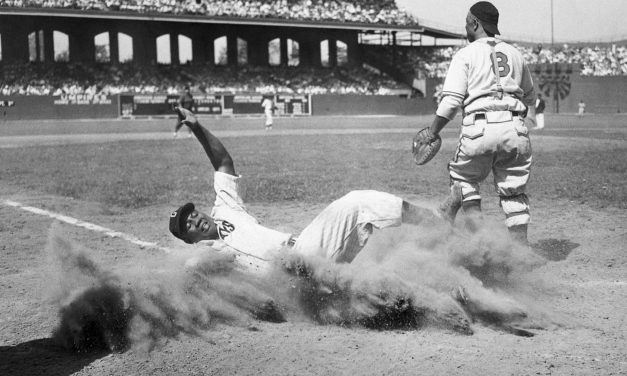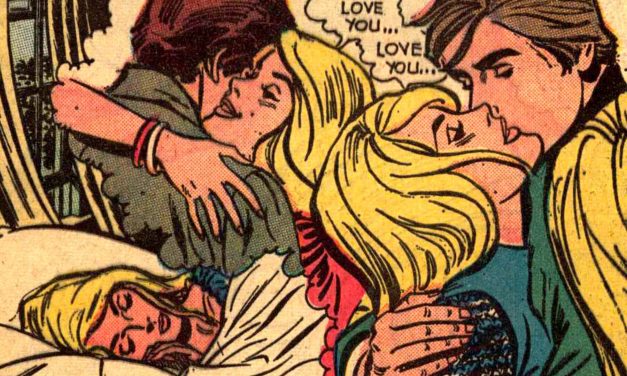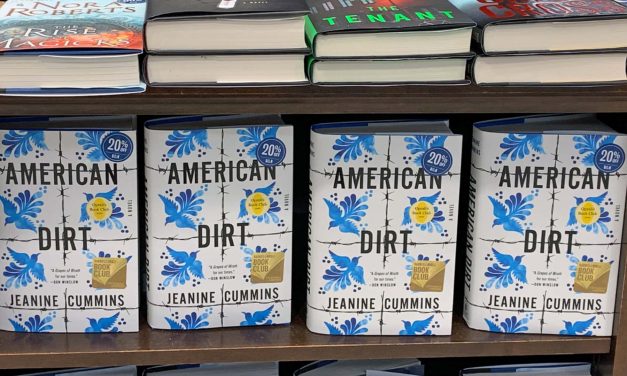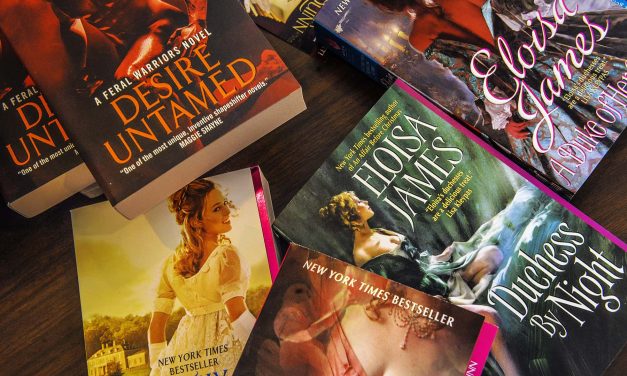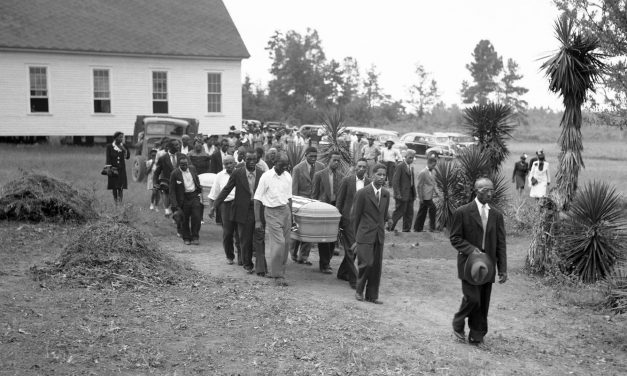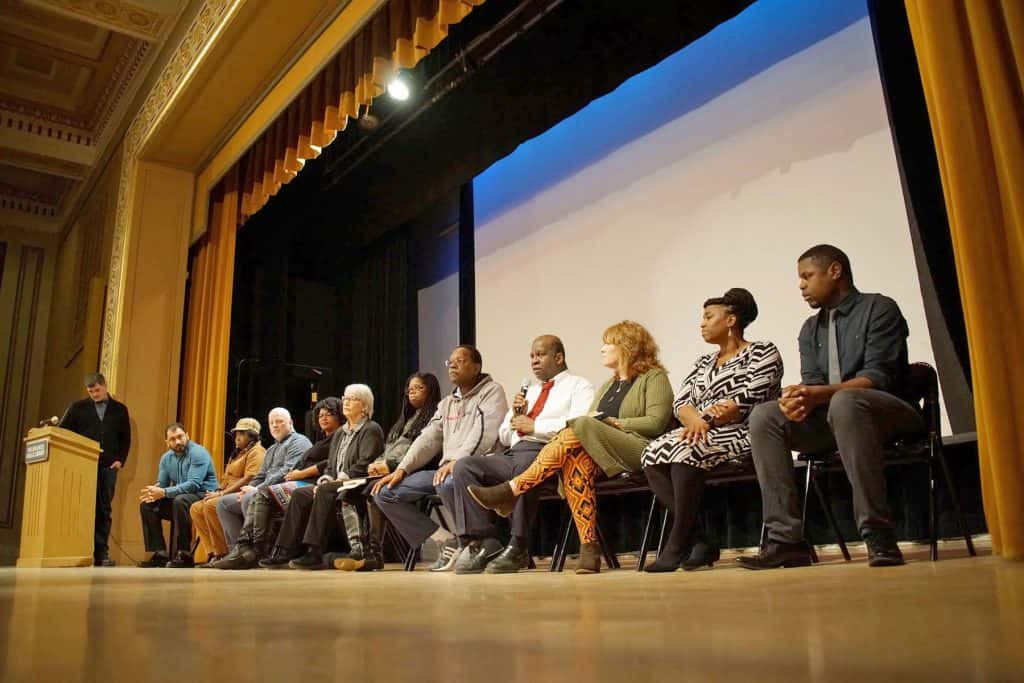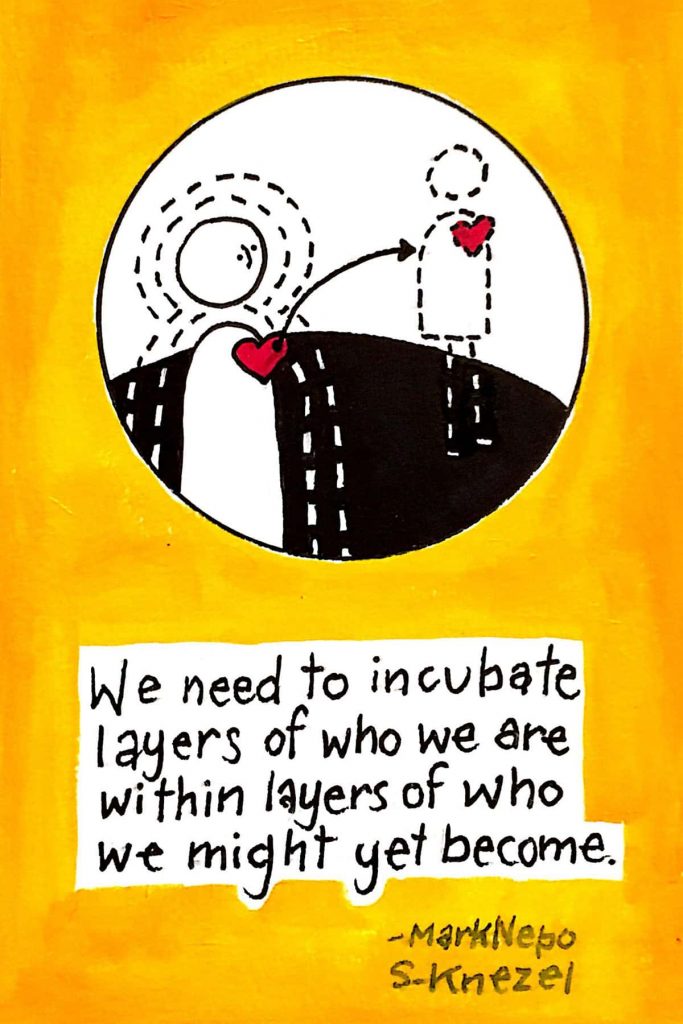A League of Their Own: A look back at the sporting world on the 100th anniversary of black baseball
By Rob Ruck, Professor of History, University of Pittsburgh During the half century that baseball was divided by a color line, black America created a sporting world of its own. Black teams played on city sandlots and country fields, with the best barnstorming their way across the country and throughout the Caribbean. A century ago, on February 13, 1920, teams from eight cities formally created the Negro National League. Three decades of stellar play followed, as the league affirmed black competence and grace on the field, while forging a collective identity that brought together Northern-born blacks and their Southern...
Read More
